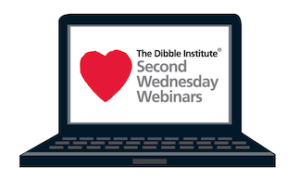Latest News

Dibble Webinar
March 18, 2026 *Please note this is a week later than normal Dibble Webinars
Advocacy Primer for Non-Profits
Join us to learn the basics of effective advocacy and government relations for nonprofit organizations.

Dibble Has Good News to Share!
We’re celebrating something we care deeply about: helping young people build healthy, lasting interpersonal and romantic relatoinships.

State of Our Unions: The Dating Recession
Young adults today are living in a depressed dating economy. In this 2026 State of Our Unions report, we pursued greater insight on the challenges of contemporary dating through the 2025 National Dating Landscape Survey, a nationally representative sample of 5,275 unmarried young adults ages 22–35 in the United States.

Lessons From the World’s Longest Scientific Study of Happiness
What is the secret to a healthy and happy life? There is no shortage of self-help gurus offering solutions to hungry audiences, but it would be more helpful to have solid empirical evidence that cuts through the latest hype and trends.
Healthy Relationships for 'Tweens
Dibble uses a positive youth development framework to prepare fifth and sixth graders for healthy relationships.
Healthy Relationships for Younger Teens (Middle School)
Dibble works with younger teens to teach them healthy relationship skills early in their lives.
Healthy Relationships for Older Teens (High School) & Young Adults
Dibble’s materials teach teens and young adults how to be successful in friendships, dating, and love.


